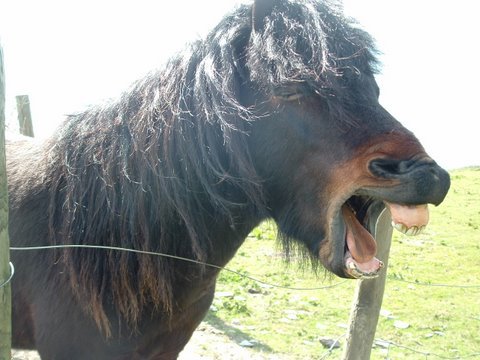“Creativity -
like human life itself - begins in darkness.” Julia Cameron
something grows within what is it?
at first blind
at first blind
gasping for the breathe
of wisdom
grasping for fundamental form
groping for manifold meaning
and I have to ask - can I this time again
ignite the spark of inspiration
so that it burns and burns through days and nights
until it may once more reach the blessed light?
something stirs in darkness what is it?
at first barely perceptible
but expanding like an anxious thought
until it fills my whole body
and blinds all reasoning
o can I one more time
lean towards this impulse
enter into utter silence
in order to listen … to hear
can I again make the choice to walk
by faith and not in fear?
something is asking to be born What is it?
An image, a word, a sound emerging
from an underground cavern
like a child longing to be seen, fed
like a child longing to be seen, fed
understood
and I have to ask again – can I give my body
to the blood, pain and tears
of such a birthing?
can I breakthrough the barrier of my resistance
To nurture the seed so depending on me
for its existence in space and time?
something rises and disappears What is it?
a Truth heard /a Beauty seen / a Goodness felt
embedded so within the thing created
these three seem to me to be like birds in solemn
flight
headed in unison towards some distant shore
o can I, one more time, give up everything to follow
them
through the misty haze, through long nights, and
longer days?
something fills my mind What is it?
the knowledge that I the creature, created
is creating
in the very act it is as if a veil is removed
and when the work is done a cry pierces the world
part of me may die
but, ah, Reality for a fleeting moment only
reveals her hidden depth and inner worlds do collide




